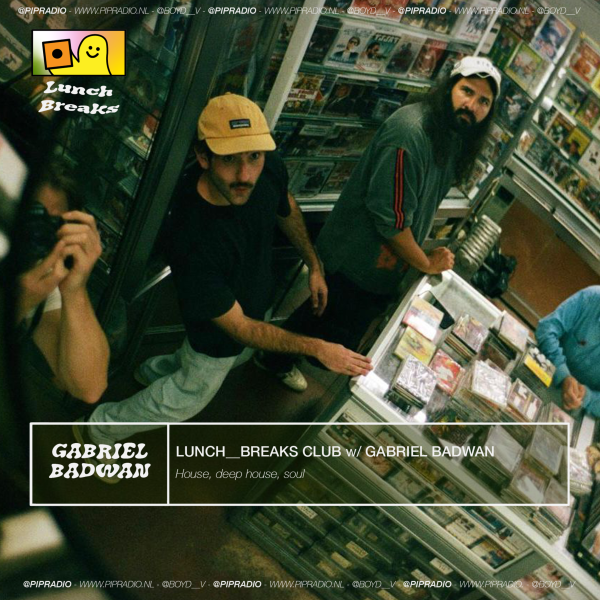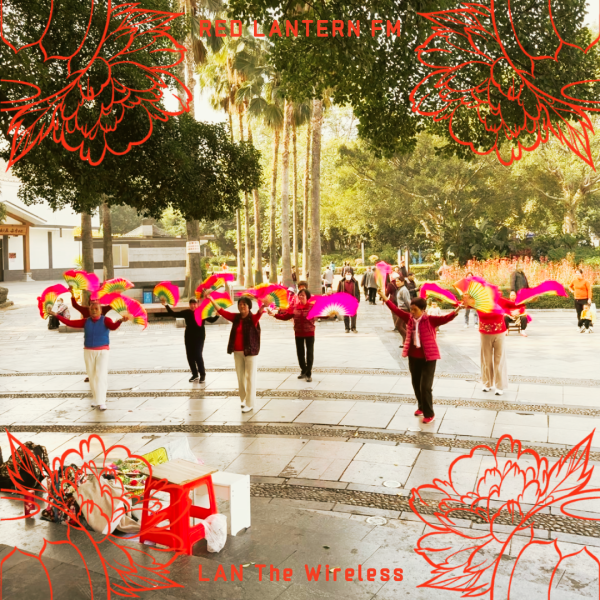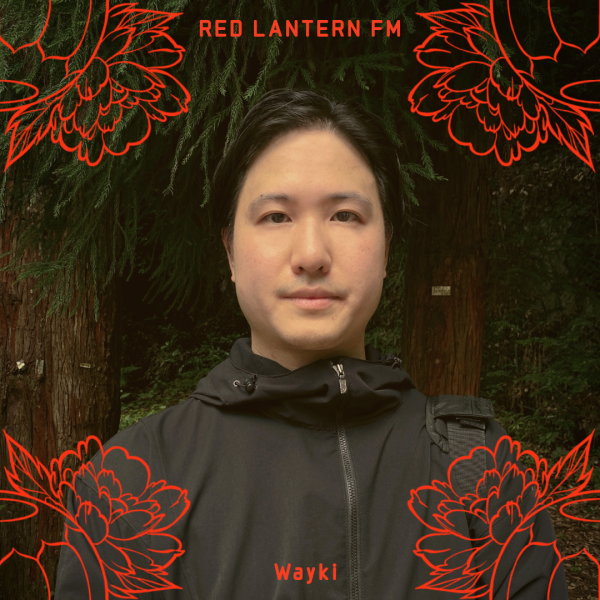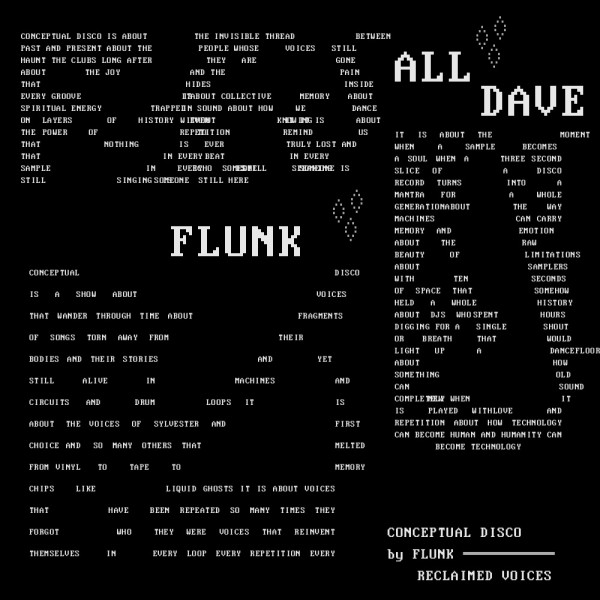
Hello humans, my name is Teach, and I proudly present episode 1 of NET URL SELECT A.
The radio show in which I curate my favorite non-electronic music from all eras, cultures, artists, and regions.
I want to start off the series with something that says something about my heritage, so in this episode we will explore the sound of the legendary Nigerian musician and political activist Fela Kuti.
Fela Aníkúlápó Kútì (born Olufela Olusegun Oludotun Ransome-Kuti) is regarded as the inventor of Afrobeat.
He is seen as one of , if not the, most important West African musicians ever, and his legacy stretches far beyond music.
His musical style is called Afrobeat. It is a style he largely created, and is a complex fusion of jazz, funk, highlife, and traditional Nigerian and African chants and rhythms. It contains elements of Afro-Cuban music, psychedelic soul and has similarities to James Brown's music.Tony Allen, Kuti's drummer of twenty years, was instrumental in the creation of Afrobeat. Tony Allen's drumming notably makes sparing use of 2 & 4 backbeat style playing, instead opting for outlining the time in shuffling hard-bop fashion, while maintaining a strong downbeat, often with a double kick-drum hit on the 1. There are clear, audible musical similarities between Kuti's compositions and the work of electric-era Miles Davis, Sly Stone and Afrofunk pioneer Orlando Julius, as well as the approach to modality pioneered by Davis and Coltrane, as expressed in the funk idiom.
At age 19, Fela moved to London to study music at the Trinity College of Music, with the trumpet being his preferred instrument.
Being the son of Chief Funmilayo Ransome-Kuti, a Nigerian educator, political campaigner, suffragist, women right activist and social reformer, Fela was heavily involved in politics.
After spending some time in the UK and the USA, Fela returned to Nigeria and founded the Kalakuta Republic, a communal compound, recording studio, and home for many people connected to the band—which he later declared independent from the Nigerian state.
He made a record called Zombie, about the Nigerian military regime. In the song, soldiers are called zombies for obeying orders blindly. One of the lines of the song, in West African Pidgin English, says, "Zombie no go walk unless you tell am to walk”. Fela was frustrated with the Nigerian army's rank and file that allowed corruption and intimidation of their communities by the corrupt and rich top brass, while blindly following orders to intimidate Nigerians.
The song was popular in Nigeria, upsetting then-Head of State General Olusegun Obasanjo. The military was unhappy with Fela's constant criticism and said it was unseemly to have a republic within a republic. Nigerian tabloids carried lurid but unverified tales of girls lured to the compound and corrupted by Fela's band members.
The army attacked him at his compound.
During the attack at the Kalakuta Republic by the Nigerian Armed Forces, Fela's mother Frances Abigail Olufunmilayo Thomas was thrown from a window of the second floor. She died after being in a coma for about eight weeks.
In 1983, Kuti nominated himself for president in Nigeria's first elections in decades, but his candidature was refused.
On 3 August 1997, Kuti's brother Olikoye Ransome-Kuti, already a prominent AIDS activist, and former Minister of Health, announced that Kuti had died on the previous day from heart failure due to complications with AIDS. Kuti had been an AIDS denialist, and his widow maintained that he did not die of the disease.






































